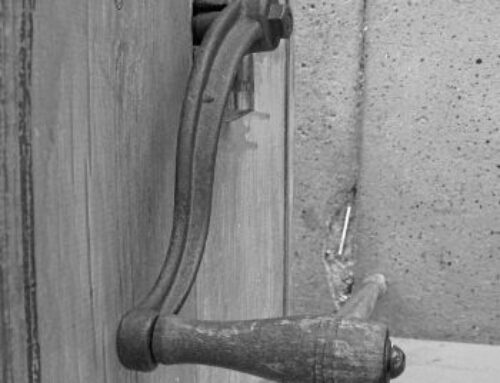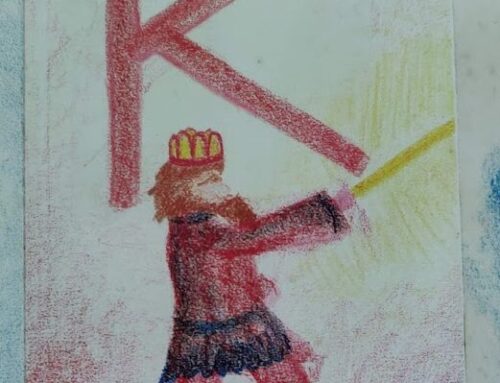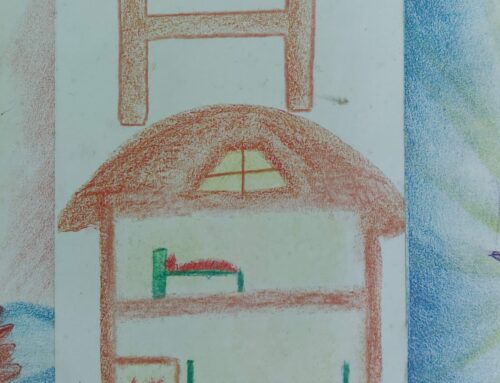I pranged the car on Saturday, someone went into the back of me.
There’s never an excuse for someone going into the back of you, it’s what brake lights were invented for. That, in the first nano seconds after that horrible crunchy thud, is what raced through my mind. Blame the other guy.
By the time I was getting out of the car to inspect the damage, I knew that was wrong. I was to blame. It was my fault.
By the time me and the other guy were standing over the sorry remains of my rear light, I knew the fact was we both were. The collision (okay, that’s quite a grand word for it – the bump) happened in a supermarket carpark. Both of us were reversing; his rear view was obscured by loo paper; my mind was on other things.
But that’s not really my point. Nor is it that the other guy was driving a BMW and therefore came off without a scratch. My point is that questions of blame – him, me, both of us – were flying round my head not just as I exited, gingerly, the carpark, but for at least half the way home. The rest of the journey, I was thinking about how blame works.
We are so quick to reach for blame, it’s instinctive, like a gasp in cold water. Whose fault is this mistake, these low figures, this accident, that loss? Who’s to blame for losing the election, the highest number of COVID deaths in Europe, storming the capital? All valid and useful questions; except are they?
Blame is a negative charge leading to a dead end. Often we try to reject it – get it to stick somewhere else; taking it on means miring ourselves in punishment and shame. By the time I got home, I was thinking about responsibility and how, if at all, that’s different.
While I was blaming the other guy, it relieved me of responsibility. When I was blaming myself, I felt stupid. When I realised we were both to blame, the whole situation seemed hopeless . Once I started thinking in terms of responsibility, my options opened up. I could think more freely about what I might have done differently, how to avoid it happening again, and what I had to do next.
I began to think about blame and responsibility in the context of dispute resolution and coaching. It’s common for people in conflict to want to blame the other; sometimes a client will blame him or herself for a mistake or decision. Blame engenders a sense of helplessness, wrongness and condemnation; responsibility encourages a sense of autonomy, choices, change and possibility.
All of us are responsible, all the time, for everything we do, say and think. We can hand over responsibility, but even then, we have to take responsibility for handing it over. We’re responsible for our actions, and we’re responsible for our responses, even when bad stuff happens to us. It can seem like hard work sometimes, and we might bow out, which is fine, so long as we take responsibility for that choice too.
Part of me still wants to blame the person who marked out the carpark, or the supermarket, or the person who exited that space just as I was arriving, or BMW. But they’re not going to get my bumper fixed. There’s only one person who’s responsible for that, and it’s me.




